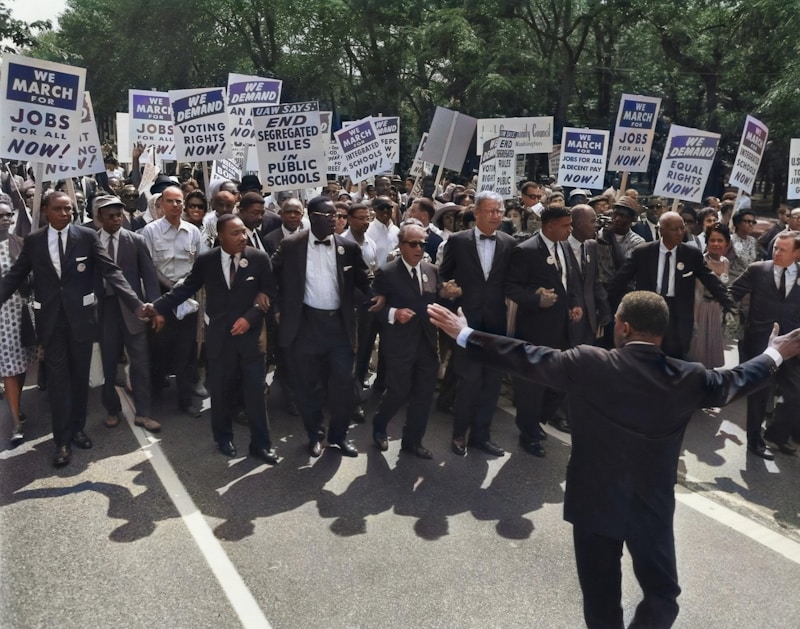Questions and Answers
What was the primary purpose of the monasteries that flourished during Medieval times?
Providing education and healthcare
Which event significantly impacted the relationship between Christians and Muslims in Medieval Europe?
The Crusades
What subjects were typically studied at Medieval universities like the University of Bologna?
Classical texts, philosophy, medicine, law, and mathematics
What impact did the Black Death have on Medieval Europe beyond the loss of life?
Signup and view all the answers
Which institution is recognized as the oldest university worldwide still operating today?
Signup and view all the answers
Study Notes
Medieval History: A Glimpse into Europe's Middle Ages
The period of time we now refer to as Medieval History encompasses an era between approximately the 5th century and the 15th century, commonly known as the Middle Ages or simply the Middle Age. During these centuries, Europe experienced profound transformations and growth while navigating challenges brought by warfare, disease, cultural shifts, and economic evolution.
Rise of Feudalism
In response to the disintegration of the Roman Empire's social and political structures, feudalism emerged across Western Europe around the 9th century. This system was characterized by relations among lords, vassals, knights, peasants, clergy, and monarchies. Power and land were distributed through an intricate network of obligations among various classes—a phenomenon resulting from military campaigns, population decline, and shifting power dynamics post-Roman rule.
Manorial Economy
Within this feudal framework, manors emerged as self-contained agricultural communities organized along hierarchical lines. Each manor had a center, called the lord's demesne, where the noble class resided and controlled their own lands. Meanwhile, serfs worked on other parcels within the manor and paid rent mainly in the form of labor services instead of cash.
Christianity and Religious Life
Christianity played a central role during the Middle Ages due to its status as the dominant religion throughout most parts of Europe. Numerous monasteries flourished during this time, providing education, health care, sanctuary, and shelter to people seeking protection from warring factions. Monks and nuns dedicated themselves to life devoted to religious devotion, learning, and preserving knowledge across generations.
Crusades and Muslim-Christian Relations
A series of holy wars known as the Crusades began shortly after the first millennium, with the aim of reconquering the Holy Land from Islamic control. These conflicts significantly shaped European identity and the relationship between Christians and Muslims. While crusading movements eventually declined in favor of peaceful diplomacy, they left indelible impressions upon both cultures.
Development of Universities
As intellectual curiosity grew over the course of several centuries, universities started taking shape in areas like Bologna, Paris, Oxford, and Salamanca. At these institutions, students studied classical texts, philosophy, medicine, law, and mathematics. The University of Bologna, founded in 1088, is recognized as the oldest university worldwide still operating today.
The Black Death and Its Aftermath
In the mid-14th century, bubonic plague spread rapidly across Europe, causing one of the deadliest pandemics in human history. Known as the Black Death, it reduced the continent's population by upwards of two-thirds. In the wake of such devastation, available resources became scarce, leading to widening income disparities, increased demand for labor, and changes in societal norms and attitudes towards work, trade, and commerce.
While the above points can offer only a glimpse into the tapestry of events shaping Medieval History, studying them further provides valuable insights into how our ancestors navigated complex times full of scarcity, uncertainty, and eventual transformation.
Studying That Suits You
Use AI to generate personalized quizzes and flashcards to suit your learning preferences.
Description
Test your knowledge on the key aspects of Medieval History, including feudalism, manorial economy, Christianity, Crusades, university development, and the impact of the Black Death. Explore the transformations, challenges, and cultural developments that shaped Europe between the 5th and 15th centuries.




